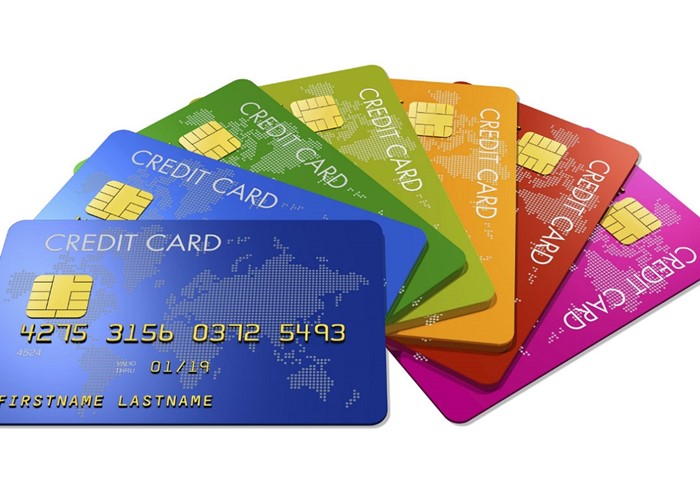Ten credit cards I hate

Cliff D'Arcy reveals a deck of cruel credit cards!
Before becoming a financial journalist in 2003, I spent a decade on the ‘dark side’ by working in marketing for various financial firms.
It was towards the end of my stint in financial services that I first coined the phrase ‘Weapons of Money Destruction’ (WMDs) to describe credit cards. Used wisely, credit cards are a very handy tool, but they can blow up in your face if handled carelessly.
Ten cruel cards to avoid
Today, instead of pointing out the latest Best Buys, I’m going to show you five core problems with credit cards, together with one or more of the worst offenders in each of these categories. Let’s get started:
Annual fee
Roughly 99% of all credit cards don’t charge annual fees, so why stick with a card which comes with a fee? The highest yearly fees I could find were £95 for an MBNA Europe Bank Travel Amex and £90 for a Coutts & Co. Gold MasterCard. Is it really worth paying such high fees in return for benefits of questionable value? For most of us, the answer is a firm no.
Top tip to beat this cheat: Avoid all credit cards with an annual fee. Instead, choose one of the 1,300 or so which don’t charge make you pay up every year -- even when you don’t use your card.
1. High interest rates
A typical credit card charges a yearly rate of 18.7% APR, versus the Bank of England’s base rate of 0.5% a year. However, some cards charge much higher rates for purchases, especially those aimed at people with a poor credit history. Two of the highest rates are charged by the Vanquis Bank Visa (39.9% APR) and Capital One Bank Classic Visa (34.9% APR).
Top tip to beat this cheat: Why pay double-digit interest rates on credit-card balances, when you can enjoy interest-free credit for up to 16 months with a 0% balance transfer?
2. Low repayments
Minimum monthly repayments (MMRs) on credit cards used to be 10% to 15% in the Eighties, but today they average around 2.5%. Of course, the lower the MMR, the longer it takes to repay your balance.
Amazingly, some credit-card issuers have set their minimum monthly repayments at just 1% (minimum £5 a month). Two of the worst offenders in this category include Bank of Scotland/Halifax and Capital One Bank, whose cards could take a lifetime to clear at this low level of MMR.
Top tip to beat this cheat: To avoid paying interest, always pay off your entire balance in full. Otherwise, if you can’t pay off all your balance, then set up a monthly direct debit or standing order to repay as much as you can afford. Never rely on MMRs to reduce your debt.
3. Cash withdrawals
Serena Cowdy looks at the perils of withdrawing cash with your credit card
Don’t withdraw cash on a credit card, as that’s what debit cards are for. If you ignore this advice, then expect to pay a very high rate of interest on cash withdrawals, plus a hefty fee on top. The Sygma Bank UK Silver MasterCard and its Flybe Spend&Fly MasterCard stand out here, as they charge at least a fiver (3% fee; minimum £5) for each cash withdrawal.
Top tip to beat this cheat: Never withdraw cash on credit cards. It’s as simple as that.
4. Foreign usage
When you use your plastic abroad, or buy online in non-sterling currencies, then your card issuer adds a foreign-usage loading fee to every purchase and cash withdrawal. Although a few prized credit cards don’t levy this additional charge, almost all charge between 2.75% and 3% for foreign exchange.
There are too many villains in this category, so I will randomly select two issuers from a long list of cards not to take abroad: First Direct/HSBC and Sony credit cards all charge 2.99% as a foreign-usage fee.
Top tip to beat this cheat: Take a Best Buy no-load credit card abroad, such as the Post Office Classic MasterCard or Santander Zero MasterCard.
Finally, here’s a bonus tip: once you’ve mastered how to use a credit card by avoiding interest and charges, then move on to making money from your plastic. Get a cashback credit card and earn as you spend!
More: Find your perfect credit card | Make the most of your loyalty cards | How Section 75 can protect you (video script)
Comments
Be the first to comment
Do you want to comment on this article? You need to be signed in for this feature